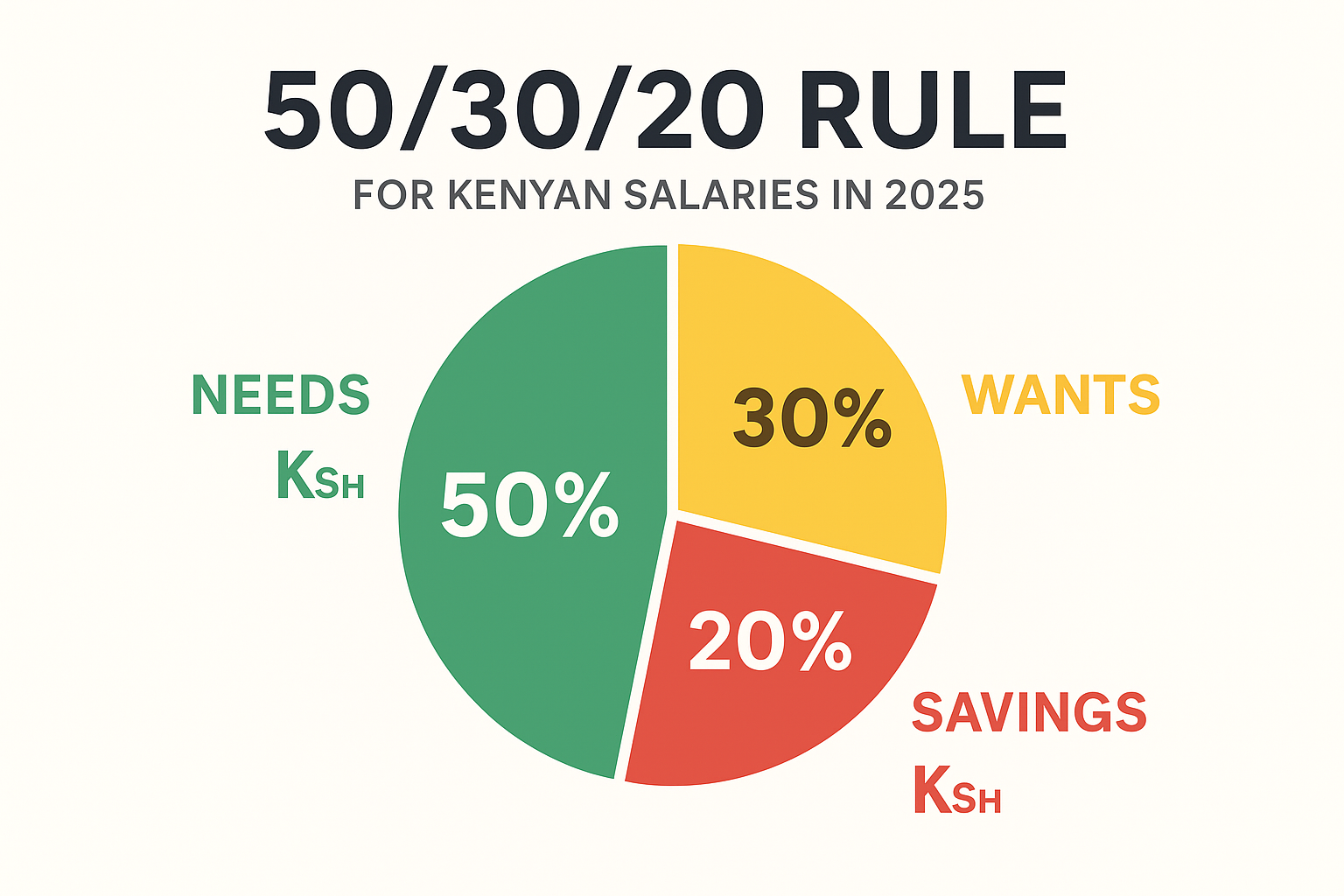Kenya’s digital revolution has transformed nearly every sector of the economy from agriculture to healthcare. But perhaps no industry has experienced more rapid growth than e-commerce. Platforms like Jumia, Kilimall, Copia, SkyGarden, and even small Instagram or WhatsApp-based shops are reshaping how Kenyans shop, pay, and connect with businesses.
With over 33 million internet users and a strong mobile money ecosystem led by M-Pesa, Kenya is positioning itself as a hub for e-commerce in Africa. Yet, while opportunities are endless, challenges remain.
Opportunities Driving E-Commerce in Kenya
- Mobile Money Penetration
Kenya’s global recognition as the "home of mobile money" has simplified online transactions. Consumers trust M-Pesa, Airtel Money, and T-Kash, making digital payments seamless. - Young, Tech-Savvy Population
With 75% of the population under 35, young Kenyans are driving online shopping trends. They value convenience, variety, and affordable delivery. - Social Media Shopping
Instagram shops, Facebook Marketplace, and WhatsApp-based sales are booming. SMEs are leveraging these platforms to reach customers directly without expensive overheads. - Global Recognition & Investments
International players are eyeing Kenya. Amazon announced its expansion into Africa, and Nairobi is seen as a gateway market. - Logistics Innovations
Companies like Sendy, Glovo, and Bolt Food are solving last-mile delivery challenges, increasing customer trust.
Challenges Facing the Sector
- Logistics & Infrastructure Gaps
Rural areas still face poor road networks and slow delivery timelines, limiting e-commerce penetration. - High Internet Costs
While internet penetration is high, data bundles remain expensive compared to global standards. - Trust & Fraud Concerns
Many Kenyans still fear being scammed online. Cases of customers paying for goods that never arrive continue to hinder adoption. - Regulation & Taxation
Stricter government regulations and taxes on digital services could slow growth. - Competition from Informal Sector
Open-air markets (like Gikomba) remain cheaper for many, offering direct alternatives to online shopping.
The Future of E-Commerce in Kenya
The future looks bright. With the rise of AI-powered customer service, blockchain in payments, and sustainable delivery models, Kenya’s e-commerce ecosystem is set to expand beyond borders.
Small businesses, if empowered with better logistics and digital literacy, could compete globally. Imagine a farmer in Kericho selling tea directly to Germany online — bypassing middlemen. That’s the potential of Kenya’s digital economy.


























